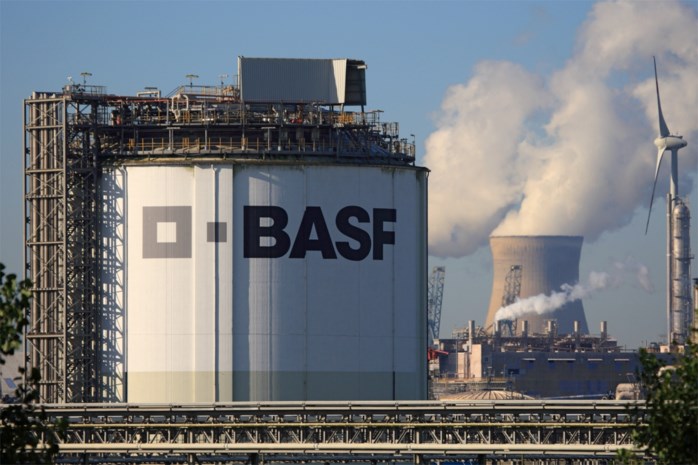Three international NGOs have filed criminal complaints against Belgium's largest chemical manufacturer in a probe intended to clarify the company's role in the 2014 shipping to Syria of chemical components found in toxic agents used as weapons by the Syrian regime.
The complaint targets BASF Antwerpen NV—the Belgian branch of German chemical giant BASF and the largest chemical producer in Belgium— together with two other German firms, Sasol Germany GmbH and Brenntag AG, which three human rights organizations suspect of bypassing European Union (EU) sanctions on the shipment of certain chemicals to the war-torn country.
Export documents examined by the Open Society Justice Initiative, the Syrian Archive and TRIAL International show that the companies sent unauthorized shipments of isopropanol and diethylamine to Syria via Switzerland in 2014.
"There is sufficient evidence for an investigation to be conducted, and we hope prosecutors will clarify why dual-use components manufactured by European companies ended up in Syria," Montse Ferrer of TRIAL International said in a statement.
The chemicals, which can be used to manufacture pharmaceuticals as well as toxic chemical agents, are listed in an EU list of "dual-use" materials requiring prior approval for their direct or indirect shipment to Syria.
The complaints —filed with prosecutors in Antwerp and in the German cities of Hamburg and Essen— come after the NGOs learned from Belgian and German customs authorities that no authorizations had been granted to any of the companies for the shipments in question.
Aside from its medical usage, isopropanol and diethylamine can be used as components of sarin and VX (respectively), two highly toxic nerve agents that have been used by the Syrian authorities against civilians.
The complaint is backed by a 2014 investigation led jointly by the three NGOs which found that the director of the Syrian pharmaceutical recipient company at the time, a now-deceased Syrian businessman, had contacts with top officials in the Syrian government.
The case is set to be examined by the prosecutors, according to TRIAL International.
BASF Antwerpen said that it is looking into the complaint, but remains sceptical of "its validity," according to Belgian media.
A 2016 United Nations report confirmed that the Syrian armed forces conducted a series of chemical attacks that affected the civilian population.
The report followed an announcement by the Organisation for the Prohibition of Chemical Weapons in 2014 that Syria had destroyed a 120-ton stock of isopropanol.
Gabriela Galindo
The Brussels Times

